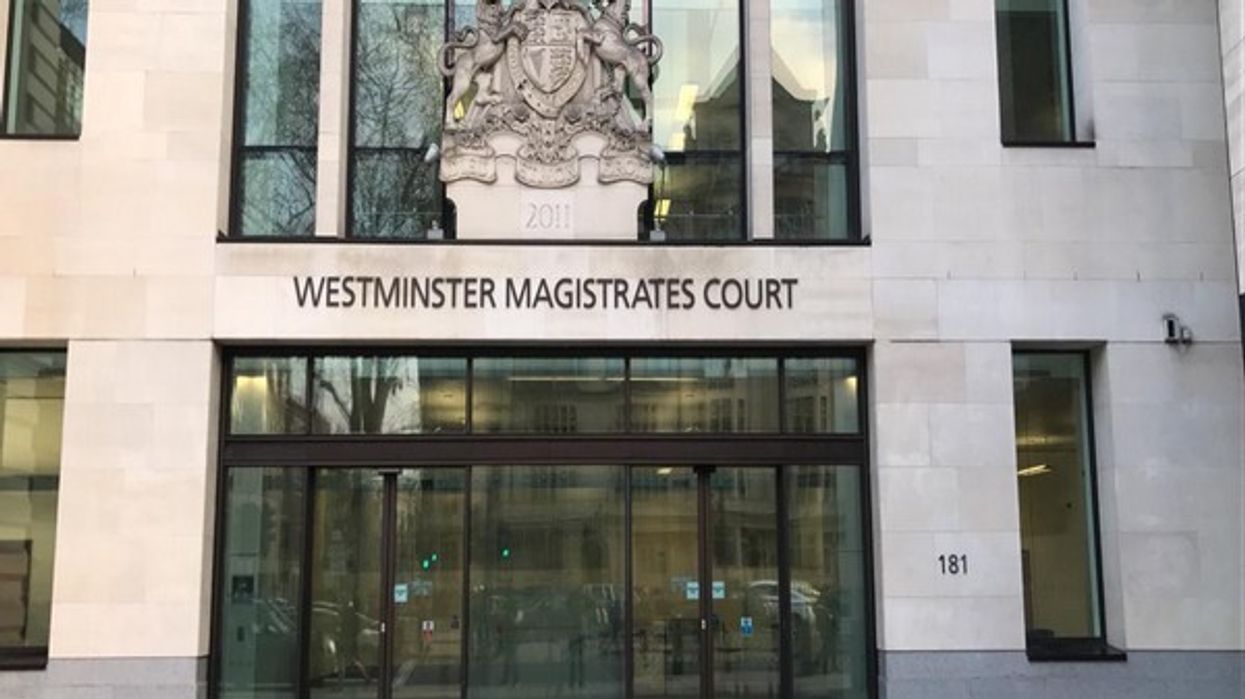A London court on Monday ruled that Sanjay Bhandari, an accused middleman and consultant in arms deals, can be extradited to India to face charges of tax evasion and money laundering.
The 60-year-old faced two extradition requests from the Indian authorities, the first related to money laundering and the second to tax evasion.
District Judge Michael Snow, who heard the case at Westminster Magistrates’ Court in London earlier this year, concluded that there are no bars to him being extradited and decided to send the case to UK Home Secretary Suella Braverman, who is authorised to order the extradition based on the court order.
“As I am satisfied that extradition is compatible with the defendant’s Convention rights, I must send this case to the Secretary of State (Braverman) for a decision as to whether the defendant is to be extradited,” Judge Snow said in his judgment.
“However, I only do so on the basis of the Assurances that have been provided by the Government,” he said, with reference to Indian government assurances that Bhandari will be held in a separate cell at Tihar Jail in New Delhi with relevant healthcare provisions while he faces trial in India.
The Indian government’s extradition request for Bhandari had been certified by then UK Home Secretary Priti Patel in June 2020 and he was arrested on an extradition warrant the following month that year.
The London-based businessman has been on bail on a security provided to the court as he fought extradition on the cases against him by the Central Bureau of Investigation (CBI) and Enforcement Directorate (ED) and is expected to appeal against Monday's magistrates’ court order.
According to the court documents, Bhandari is wanted in India for intended prosecution for an offence of money laundering contrary to the Prevention of Money Laundering Act (PMLA) 2002 and for offences of tax evasion contrary to the Black Money (Undisclosed Foreign Income and Asset), Imposition of Tax Act 2015 and Income Tax Act 1961.
Bhandari, who was resident in India for tax purposes at the time in 2015, is accused of concealing overseas assets, using backdated documents, benefiting from the assets not declared to the Indian tax authorities and then falsely informing the authorities that he did not possess any overseas assets.
He denies the allegations.
The UK’s Crown Prosecution Service (CPS), on behalf of the Indian authorities, argued that Bhandari's conduct amounts to "fraud by false representation" in the British jurisdiction.
(ANI)




